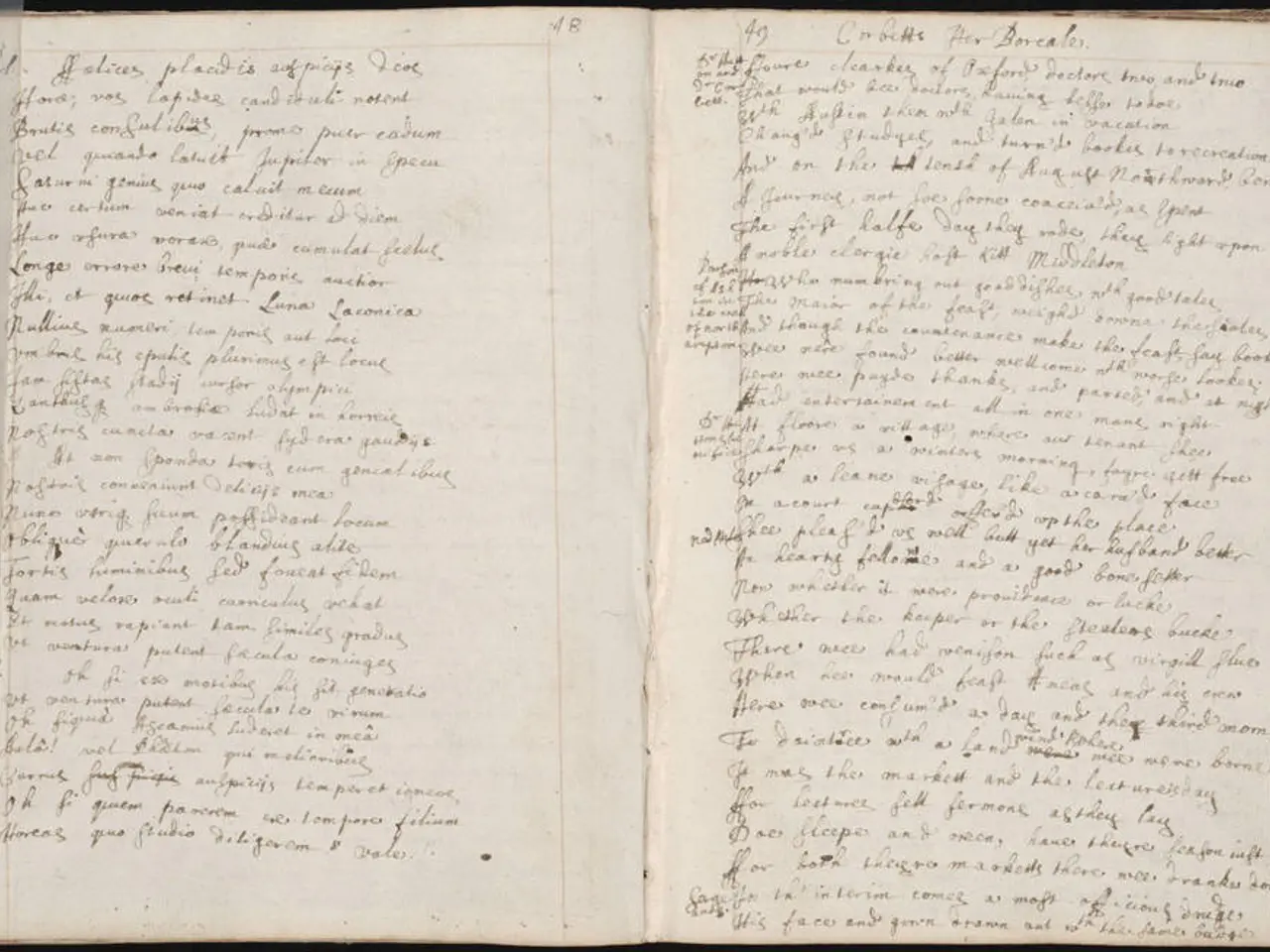Disclosing Their Impact: Six Pivotal Figures of the German Age of Enlightenment
The German Enlightenment, a period of intellectual ferment in the 18th and early 19th centuries, significantly influenced modern philosophy, literature, and culture. Four key thinkers emerged during this time, each leaving an indelible mark on the intellectual landscape: Immanuel Kant, Georg Wilhelm Friedrich Hegel, Johann Gottfried Herder, and Ludwig Feuerbach.
Immanuel Kant (1724–1804), often considered the central figure of the German Enlightenment, redefined epistemology and metaphysics with his critical philosophy. Kant proposed a "Copernican revolution" in philosophy by arguing that objects conform to the mind’s a priori cognitive structures rather than the mind passively reflecting external reality. He explored the limits of human knowledge and asserted that ethical autonomy and freedom derive from rational self-legislation. Kant's famous 1784 essay "What is Enlightenment?" urged individuals to "sapere aude" (dare to know), emphasizing intellectual independence and maturity.
Georg Wilhelm Friedrich Hegel (1770–1831) developed German idealism further, focusing on dialectical processes that involve the integration and resolution of contradictions in history, spirit, and reality. His works, such as Phenomenology of Spirit and Science of Logic, explore how reason and freedom develop historically and how mind and body are interconnected, influencing fields from metaphysics to political philosophy. Hegel’s philosophy emphasized self-determination and the unfolding of freedom over time, impacting modern philosophy widely.
Johann Gottfried Herder (1744–1803), a precursor to Romanticism, stressed the importance of culture, language, and the folk traditions (das Volk) of a people as the true core of national identity. He challenged Enlightenment universalism by emphasizing historical context, emotion, and intuition alongside reason. Herder influenced German literature and philosophy by advocating for a balanced development of knowledge rooted in sensuous experience and cultural particularity, opposing absolutism and emphasizing the uniqueness of German heritage and language.
Ludwig Feuerbach (1804–1872) was critical of traditional metaphysics and theology, emphasizing materialism and the human sensory experience. He argued that religion is a projection of human qualities and that true philosophy should focus on the real, sensuous human being rather than abstract ideals. Feuerbach influenced later thinkers like Marx, Nietzsche, and Freud by proposing that religion represents a form of self-alienation and by promoting a materialist humanism that paved the way for modern secular and social philosophy.
Together, these thinkers laid the intellectual foundations for many of the ideas that continue to shape modern philosophy, literature, political thought, and cultural self-understanding. They helped transition thought from dogmatic metaphysics to critical, historically grounded philosophy and from universalist abstraction toward appreciation of cultural particularism and human experience.
Kant's philosophy centers on the concept of "transcendental idealism," which argues that our understanding of the world is shaped by the way our minds structure experience. Hegel's dialectical method has influenced a wide range of fields, from political theory to existential philosophy. Herder is best known for his ideas on cultural relativism and the importance of language in shaping thought. Feuerbach's materialist humanism challenged traditional metaphysics and theology, paving the way for modern secular and social philosophy.
Goethe's ideas on literature and culture have shaped modern literary theory, while Lessing's advocacy for religious tolerance remains relevant in discussions on human rights and freedom of expression. Herder's ideas have had a lasting impact on the humanities, particularly in areas like cultural studies, linguistics, and philosophy of history. Schiller's exploration of the relationship between art and morality continues to inspire discussions on the role of culture in society.
These German Enlightenment thinkers have had a profound and lasting impact on modern thought. Their ideas continue to resonate in contemporary debates on identity, multiculturalism, philosophy, literature, and social theory, making their contributions to the intellectual world both timeless and enduring.
Psychology may find interest in Immanuel Kant's exploration of ethical autonomy and freedom derived from rational self-legislation, as it directly corresponds to personal responsibility and decision-making.
Lifestyle choices and education-and-self-development could align with Johann Gottfried Herder's emphasis on culture, language, and the importance of historical context, emotional, and intuitive aspects in shaping national identity and individual thinking.




